Interview with Lina Lapelytė by “The Shake Down” curator Karu Treij
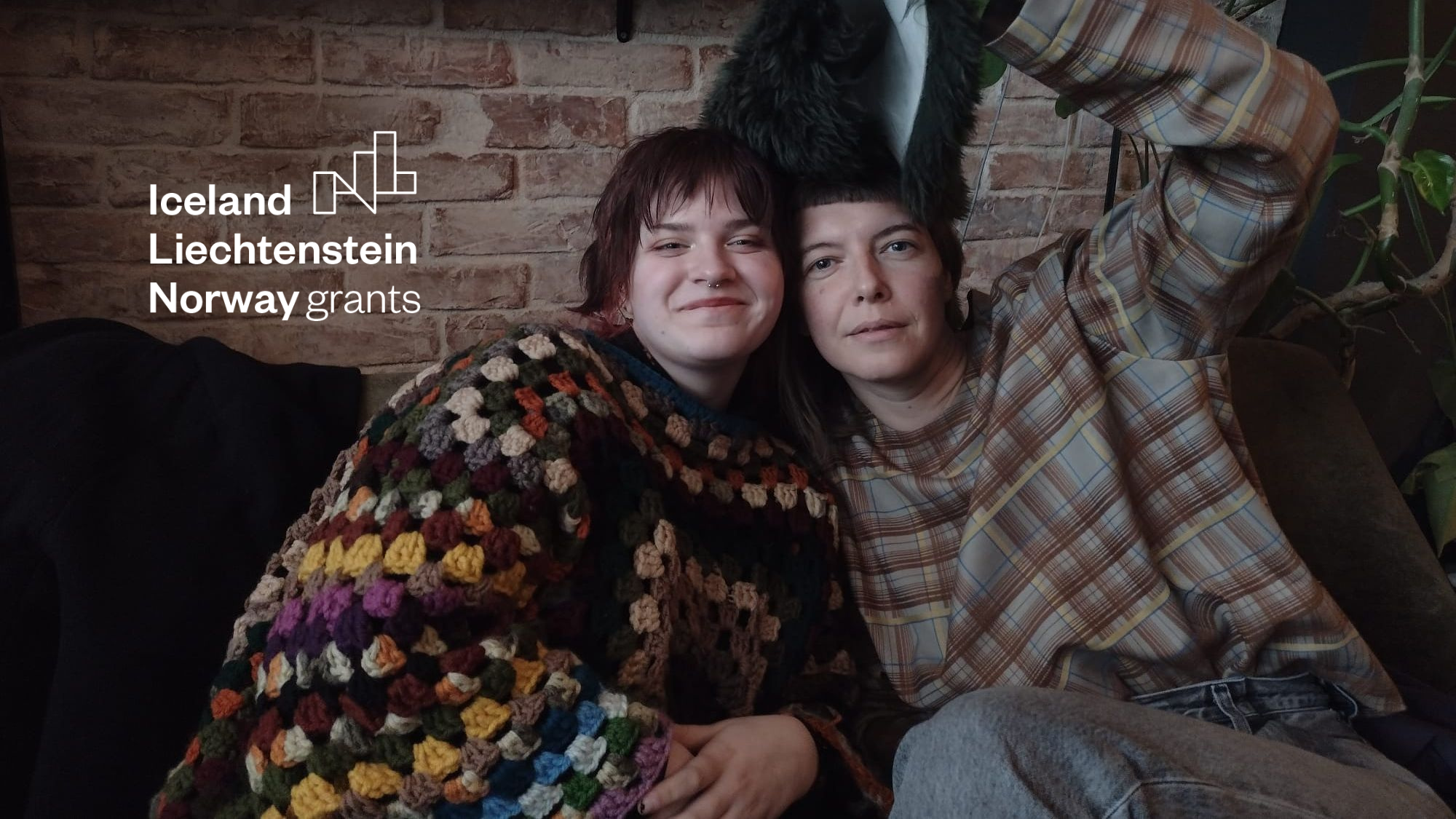
Lina Lapelytė is an artist, musician, composer and performer who lives and works in Vilnius and London. In her performance-based practice she explores pop culture, gender stereotypes, aging and nostalgia. Lina often engages untrained performers or performers from other fields in her works that deal with a wide range of genres – from mainstream music to opera. While preparing “The Shake Down” programme for International Art Festival “Bastard”, where on April 29th Linas work “Ladies” will be presented, one of the curators Karu Treij met with Lina in Vilnius for a short conversation.
Karu: How is it to be curated by teenagers?
Lina: I don’t care about age. Also when I was a young person I would be a bit distracted, if someone would call me a student or someone would call me a teenager. I literally hate that. I always felt that it doesn’t matter what my age is. I am a human being with my own opinions, my own spirits, and it doesn’t really matter. I always felt like age is not a thing and I feel the same now. I can easily relate to a baby or a teenager ,or someone who’s very old. So being curated by teenagers is not at all an issue. In my practice and life, it is important for me that we are all considered equal. Also no matter what our achievements are or who we are professionally, because we all have important things. But I have a question – how do you feel when you’re constantly called “the teen”?
Karu: I hate it, personally I hate it. It is so diminishing. I know that we don’t have a lot of experience, but it would be way nicer if we were called just curators. Because “the teens” immediately gives you the vibe “oh, these amateurs”. I get it, it describes who we are, but, I mean, at some point we will grow up and no longer be considered teenagers hopefully.
Lina: I can feel it, because I was the same when I was a young person. I really hated it even as a student. When they say “a student project”. No, it’s not a student project, it’s a project. Who cares what sort of relationship I have with education or age.
Karu: It is like saying “a female scientist”.
Lina: Yes, that’s true.
Karu: My colleague Samuels wanted to ask you – what does “Ladies” mean for you and why is it an important work to see?
Lina: Okay, so the Ladies came together, I think, in 2015. I was invited to do a show and I was really struggling with – what can I do? I often find myself with these moments where I’m not sure if I have anything to offer. And then I remembered the vision that I had when I once saw these ladies in an orchestra where they were in the very, very back of it. I think I mentioned this before. And I thought – what would it be like to work with them? So it started from this vision that it would be amazing to do something with them. I was pretty sure that they would refuse and not want to.
Karu: Why?
Lina: Because, you know, when you are an artist and no one knows about you, when you approach people and try to propose something, they might probably think it’s some kind of nonsense. Because I think often, at least in Lithuania, people are not so confident in trusting contemporary artists or artists in general but I think it is changing a bit.
Karu: Yea, there’s definitely some stigma around contemporary art.
Lina: Yeah. So you know, when you approach grown-up people or people who go day by day to their normal lives and then propose to them to do something unusual, of course, you can expect a negative response, because people may be either lazy or not curious. But they’ve been very open, and they agreed to do something. And then I also felt this amazing, motherly female energy, which I was very interested in at that time. And I’m always interested in.
So that grew into what it is. Also with this piece, I managed to enjoy not knowing, because when I approached them, I didn’t know where we would end up. So that was one of the projects where I didn’t have the vision of an outcome. It was a process of exploration of who they are, what we can do together. And that brought us to the end result rather than an actual finalized version. I think that’s fair work. But also that’s a very fragile working method. Because you never know how it will end.
Karu: You ask them to trust you and do something different, something new?
Lina: Yes, to do something new and also enjoy it. Because that was music that they normally probably wouldn’t play and wouldn’t relate to. So they are kind of delving into the world where they didn’t belong. But we all learn how to listen and how to open up.
Karu: Do they feel like they belong now?
Lina: I think they do actually love it. They’re very curious people in general. Because sometimes I show this work in a set-up with other works of mine, and then they go into a bigger bubble where other artworks are presented. And I learned that they were incredibly curious personalities.
Karu: What was the key to actually getting this trust?
Lina: You always take a risk when making art. By being an artist you always risk, because you never know what will be the end result and whether it will be understood or successful. I think the last element when you present a work is still the audience and its relationship with the work. What kind of energy the work creates. And when the energy is created, you feel the feedback and you know that something that you’ve produced has a resonance. Then it’s fulfilled. Up until the point before you meet the audience, it’s very hard to trust yourself and trust the work. I mean, you do, but it’s still fragile.
Karu: Also, how does it feel representing Lithuania? How is it like to have performances around the world as an artist from a relatively small country in Eastern Europe?
Lina: I think in some contexts, it’s more of a national representation, in other contexts it’s less. Like in the Venice Biennale every pavilion is called by the name of the country. When you go to the Lithuanian pavilion it’s like you go to Lithuania, so that is a very clear national representation. But for us, the work was not about that, we talked about ‘Sun and Sea’. But then, for example, we go to Chile and the newspaper writes “The Latvian piece ‘Sun and Sea’”. A friend of mine shared this with me and I thought that was so funny and nice. Because it doesn’t really matter.
Karu: It’s like you made a piece for Latvia?
Lina: But it is so beautiful, like why not? And it feels somehow important. You are from this tiny country, that is not known, but the work that you present is well known. I guess it is how Iceland feels about Bjork. But when I think of Iceland, I think of all these amazing musicians and artists, so the size of the country perhaps doesn’t matter.
“The Shake Down” (Nr. EEZ/2021/1/15) total eligible costs are € 249 635,00. The project benefits from a € 212 189,75 grant from Iceland, Liechtenstein and Norway through the EEA Grants and € 37 445,25 from national co-financing. The aim of the project is to promote the involvement of young people in solving issues of public importance and participation in the cultural life of the city. Working together for a green, competitive and inclusive Europe. For more information, please visit eeagrants.org
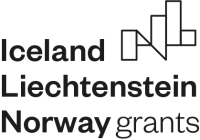

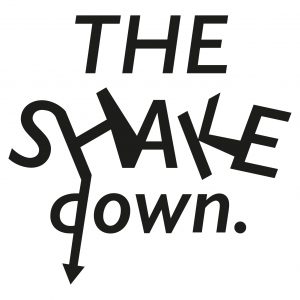
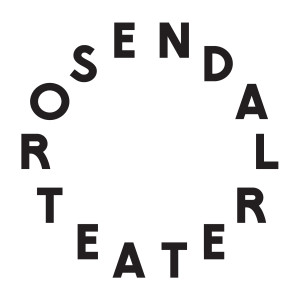
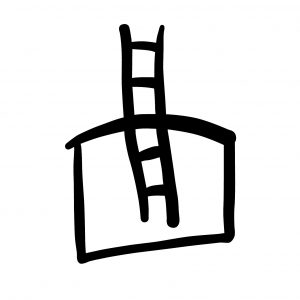
Back
